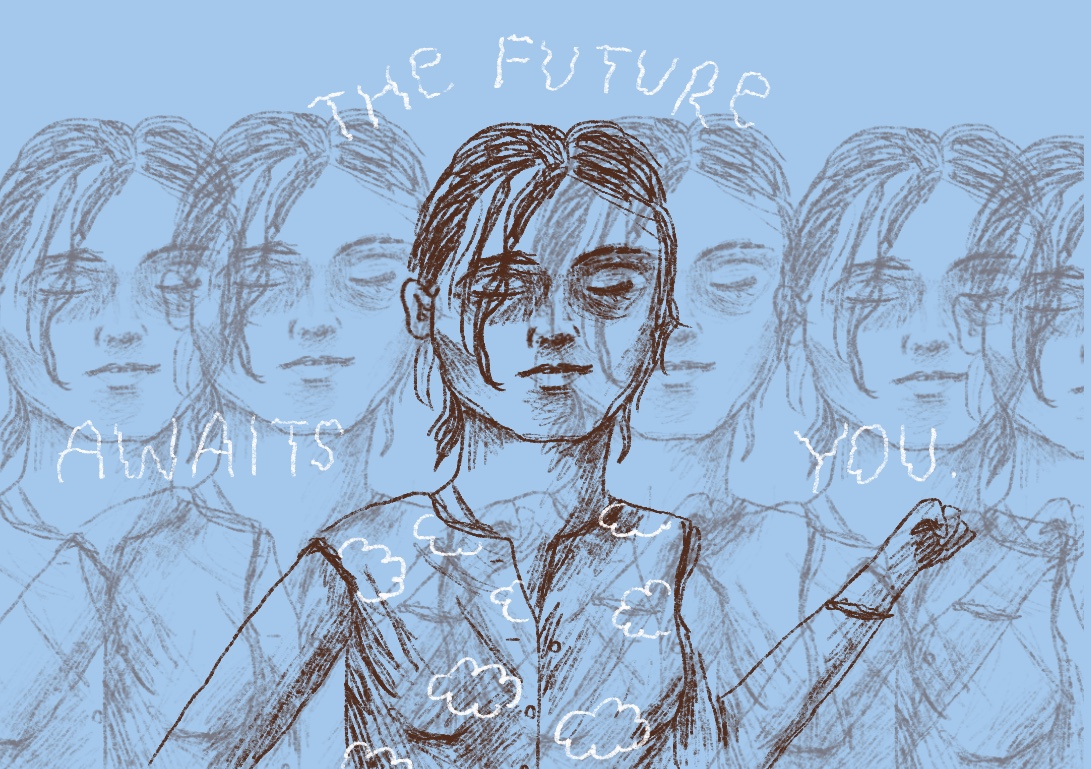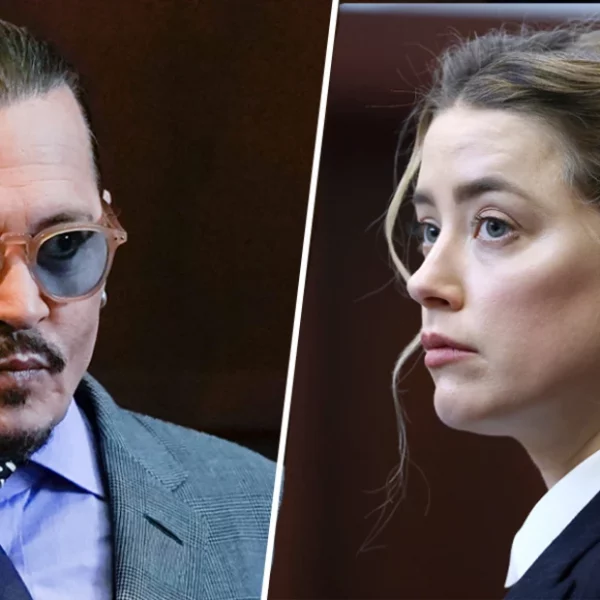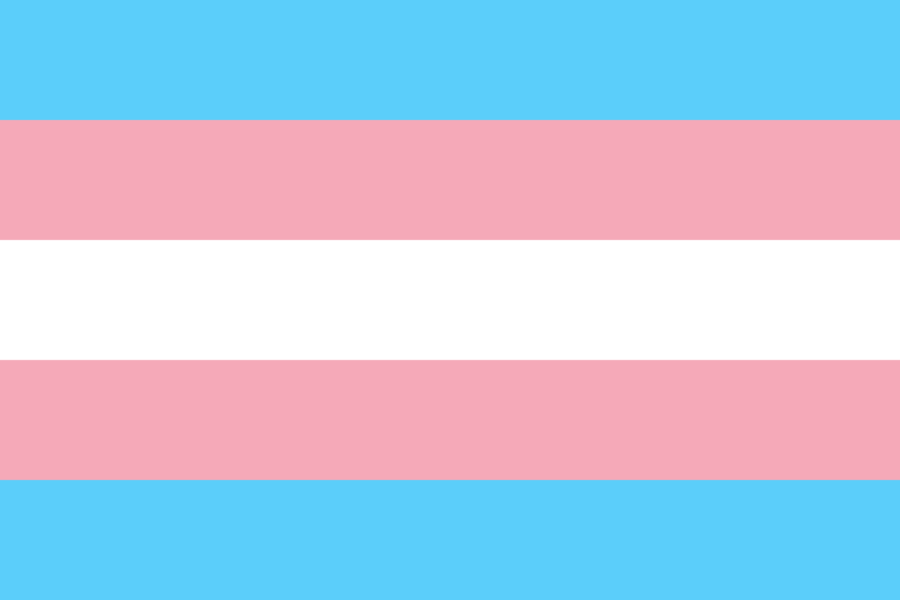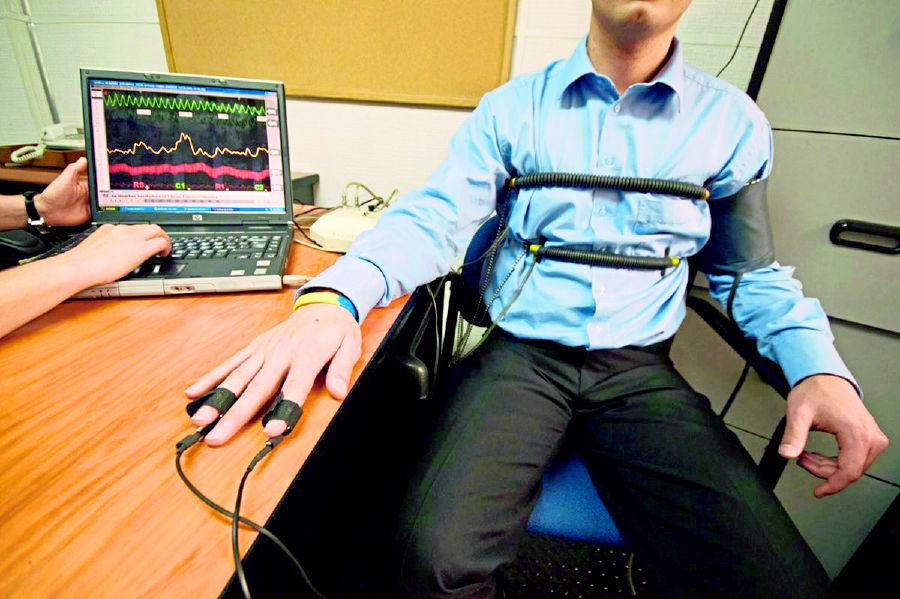The night after we watched L’événement (Happening), a 2021 French drama currently receiving a British release, two of my friends had dreams about being pregnant. This, I think, is the greatest testament to the power of Audrey Diwan’s direction and Anamaria Vartolomei’s leading performance: we began dissecting the film the second the cinema lights lifted; carried on for the whole walk home; through three rounds in the pub; and still we couldn’t get the story out of our heads…

Dreams and Nightmares in Audrey Diwan’s Happening
The night after we watched L’événement (Happening), a 2021 French drama currently receiving a British release, two of my friends had dreams about being pregnant. This, I think, is the greatest testament to the power of Audrey Diwan’s direction and Anamaria Vartolomei’s leading performance: we began dissecting the film the second the cinema lights lifted; carried on for the whole walk home; through three rounds in the pub; and still we couldn’t get the story out of our heads.
The film follows Anne, a literature student in Angoulême, France, in 1963. Anne has ambitions, the talent to achieve them, and loved ones who support her, and yet she finds her whole world upended when she experiences an unplanned and unwanted pregnancy. Not content with accepting her fate, Anne takes her future into her own hands with grim determination. Although Wikipedia describes the film as a “drama thriller”, to me it felt more like a horror film: a paranoid world in which friends could turn on you at any moment, with gory scenes worthy of any slasher flick.
Abortion was illegal in France in 1963 and remained as such until 1975, at which point it was made legal upon request for up to ten weeks. As of 2001, the limit was extended to twelve weeks, and then in February of this year it was extended again to fourteen weeks. At one point in time, the United Kingdom was more liberal with regard to abortion than France, first legalising it in 1967: from then until 1975, a number of French women with the privilege to travel took the trip across the Channel.
If we look at the two countries today, in some ways the UK remains the more progressive. Abortion is permitted up to twenty-four weeks (and beyond, in very limited circumstances) in the United Kingdom, whereas in France, prior to this year, thousands of women continued to travel abroad to access abortions beyond the twelve week limit. This is a practice that will likely still take place, even with a limit of fourteen weeks. However, another key difference between the two nations is that abortion is available on request in France: there is no need for a pregnant person to justify their choice to terminate a pregnancy. By contrast, abortion in the UK is only permitted when two medical practitioners authorise the procedure on any of the following grounds:
- “the continuance of the pregnancy would involve risk, greater than if the pregnancy were terminated, of injury to the physical or mental health of the pregnant woman or any existing children of her family”
- “the termination is necessary to prevent grave permanent injury to the physical or mental health of the pregnant woman”
- “the continuance of the pregnancy would involve risk to the life of the pregnant woman, greater than if the pregnancy were terminated”
- “there is a substantial risk that if the child were born it would suffer from such physical or mental abnormalities as to be seriously handicapped.”
The requirement of having to justify an abortion, and the implicit rationale of some abortions being somehow more ‘deserved’ in the eyes of many, has been preoccupying me over the past few weeks. Both since watching Happening and since the news broke that Roe vs Wade, the United States’ landmark 1973 decision to legalise abortion, is at risk of being overturned. Thanks to the news outlets I read, and the public figures I choose to engage with online, the reactions to the Roe vs Wade headlines that I have encountered have been overwhelmingly outraged. However, even amongst self-described ‘progressives’, the idea of abortion on demand remains an uncomfortable subject.
One tweet I encountered, by a prominent, ‘blue-tick’, UK-based human rights lawyer (who I’ve chosen not to name), exemplifies an attitude I’ve seen repeated time and time again. In the tweet, the lawyer claimed that “no one is pro-abortion”, but a civilised society shouldn’t expect a person to carry a child irrespective of circumstances. The tweet then went on to list a number of circumstances in which a person would be motivated to seek an abortion – including rape, teenage pregnancy, and risk to the mother. I’ve seen many others expressing similar sentiments, often encapsulated in the pithy slogan “nobody wants an abortion”: a simple maxim the perfect length for a protest sign or the front of a t-shirt.
On the surface, this maybe doesn’t seem all that problematic. After all, plenty of people do find themselves pregnant as the result of traumatic circumstances, or are put at risk by carrying to term, and these people are indeed victims of restrictions on abortion. But this rhetoric mirrors the United Kingdom’s abortion law: it implies that there has to be some reason, some greater justification, for an abortion beyond simply wanting one.
Although Happening depicts the process of trying to access an abortion as nightmarish, and Anne is clearly horrified by her pregnancy, the conception is rather pedestrian and unremarkable. We are not shown the act of conception itself, but the film makes clear that it was simply consensual, casual sex – the kind of encounter all of Anne’s more judgemental classmates wish they were having too. Anne’s pregnancy is not the product of trauma, she is not a minor, and the pregnancy progresses in a way that poses little risk of physical harm. Yet the film, and Anne herself, are staunch in the opinion that being a mother would disrupt Anne’s dreams – and that is more than enough of a reason to seek an abortion.
Invoking nightmare scenarios when discussing abortion is a tactic that is extremely successful in highlighting the brutality of abortion restrictions. For that reason, perhaps this rhetoric does have its place in feminist discourse. However, we must be cautious to not accidentally imply that a certain level of distress makes an abortion somehow more deserved or forgivable. Additionally, the idea that “no one wants an abortion” suggests that abortion is always a difficult decision, or the lesser of two evils when compared to the trauma of continuing a pregnancy. It is time to move beyond any residual British discomfort with the idea of abortion on request and recognise that people have a right to an abortion under any circumstances. For every person seeking an abortion to escape a nightmare, there is another seeking an abortion to chase their dreams.
Ruby Hann, Politics Editor
Header image by the wonderful Lucia Villegas





Leave a Comment